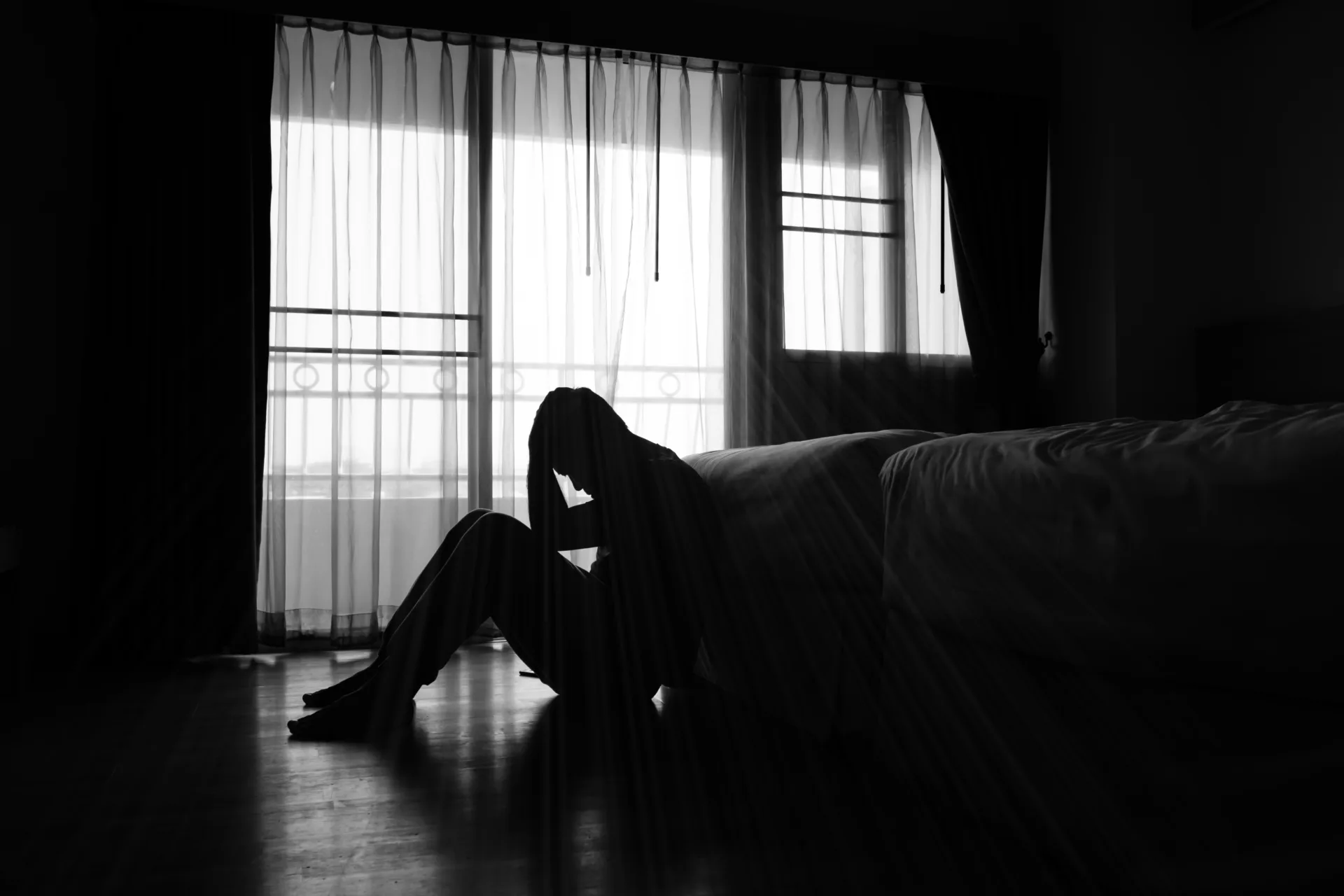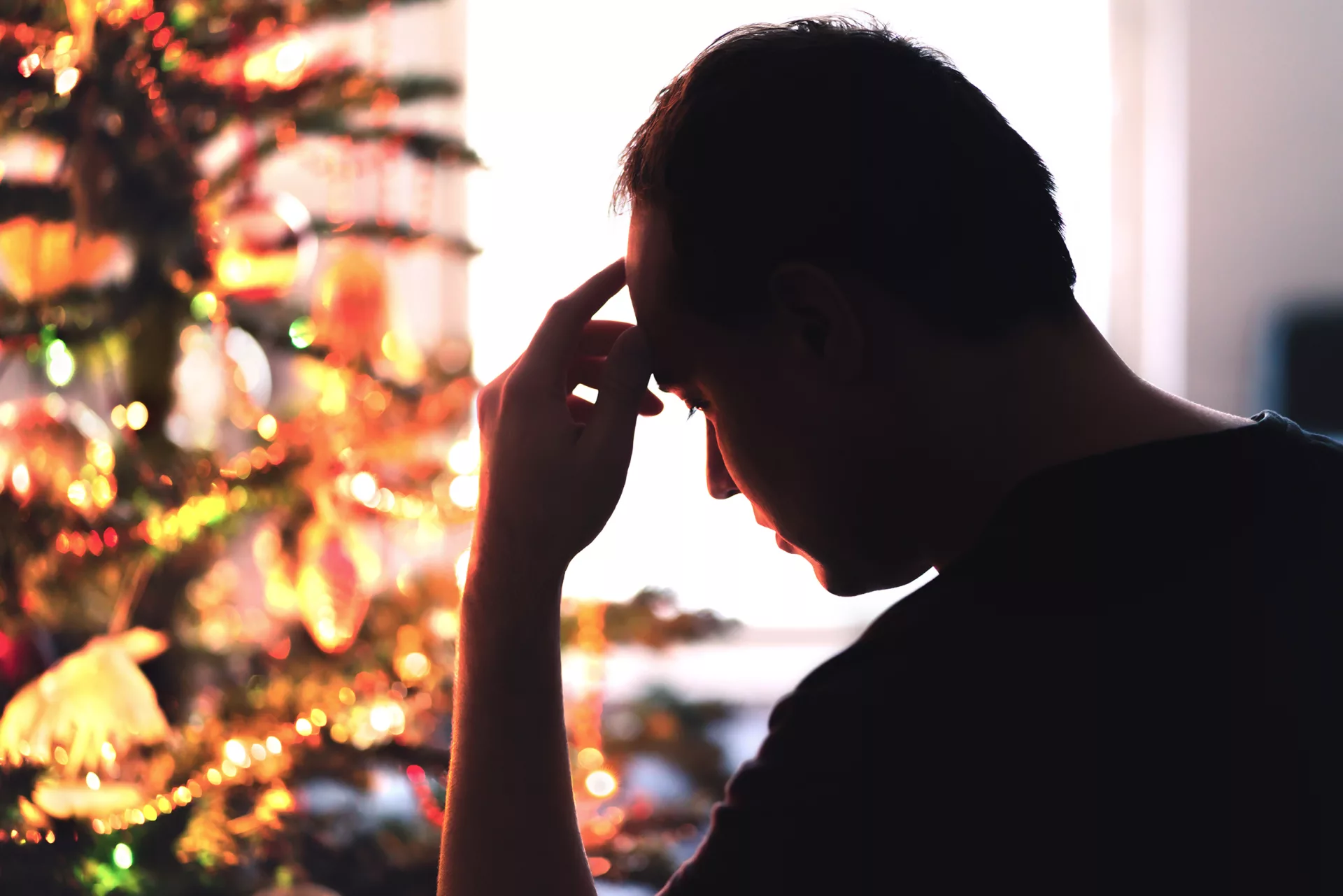
What Treatment Steps Are Used in Heroin Addiction Treatment?
Struggles with heroin addiction are not easy to overcome on your own. Most of the time, the withdrawal symptoms you experience when stopping the use of heroin are so unpleasant that medical intervention is needed – not to mention the therapy most people require post-detox to help maintain sobriety.
Thankfully, treatment options for heroin addiction are available and designed to meet your personal goals to foster a high rate of success.
Heroin addiction treatment
Choosing addiction treatment can be immensely overwhelming – the unknown, the risk of relapse and not to mention the wide variety of treatment options can make committing to a treatment facility feel like a daunting undertaking.
Our goal is to take away some of that unknown through a discussion of the best treatment options for heroin addiction, including the different forms of treatment best suited for establishing long-term maintenance of sobriety. Hopefully, you will feel less intimidated about pursuing treatment.
What does treatment for heroin include?
Addiction treatment facilities most often allow personalization of programs for the best success rates. Some of the programs used in heroin addiction treatment are discussed below.
Detox
Any form of addiction treatment must begin with detox, i.e., the process of ridding your body of the toxins in the drug. A sign of heroin addiction is experiencing withdrawal symptoms when drug use is stopped, including other unpleasant symptoms like:
- Muscle spasms or pain
- Insomnia
- Increased respiratory rate, heart rate and blood pressure
- Watering of the eyes and nose
- GI upset including nausea, vomiting and/or diarrhea
- Drug craving
Because the symptoms of heroin withdrawal can last for up to 10 days, many people who attempt to detox on their own do not succeed and face the dangers of relapse and overdose.
For this reason, the best treatments for heroin addiction begin with a detox program that offers supervision, medical care around-the-clock and even medication-assisted detox options. All of these measures are meant to help individuals successfully detox and prepare for the next steps of treatment.
Medication assisted treatment (MAT)
Medication-assisted treatment, most successfully used in conjunction with detox and behavioral therapies, is when you are prescribed medications proven to help lessen the symptoms of withdrawal.
The FDA has approved three such medications – buprenorphine, methadone and naltrexone – which work to either block opioid receptors or to help mitigate the flu-like illnesses associated with heroin detox.
Some individuals use medication-assisted treatment solely during detox, while others use it throughout the duration of their recovery. These long-term prescriptions work best when used in conjunction with behavioral therapies to foster a more sustainable recovery.
Residential treatment
Residential treatment options provide a space for participants to reside during the initial weeks of their treatment plan. Some people recovering from addiction benefit greatly from residential treatment as they are removed from the outside world and any peer influences or negative triggers it may include.
Residential treatment options also give residents the ability to have staff on call throughout the day to help if a crisis occurs; onsite medical doctors provide assistance to those using MAT; and other residents provide a community setting in which all may grow and persevere towards addiction recovery together.
This form of treatment has proven to be effective for those battling a heroin addiction who have nowhere else to go to recover and for those who need complete removal from their outside environment in order to be successful.
Halfway houses
Halfway houses are also options for those recovering from addiction. Halfway homes provide a step down from residential treatment, where you are allowed more flexibility than residential treatment (including the ability to apply for and maintain a job), while still requiring adherence to the rules of the house.
For those who are not ready to face the triggers and stressors of the world post-detox/residential treatment, halfway homes offer a safe and structured place to temporarily live.
These programs offer the opportunity to build a community with other residents, gain confidence in coping mechanisms and further any behavioral treatment. Participants can benefit greatly from these residencies.
Intensive outpatient programs
Intensive outpatient programs provide less supervision/around-the-clock care and are an ideal option for individuals who 1) have already gone through an inpatient program, 2) have a safe environment at home in which to recover, or 3) do not face an addiction severe as needing to go through inpatient treatment.
This program still provides the same quality of care, but offers you the chance to go home after each session and begin putting newly learned coping strategies into practice right away.
Aftercare
Aftercare is planned for meeting additional recovery goals, the most important of which is the long-term maintenance of sobriety. It might include support group meetings, continued participation in a 12-step program or weekly meetings with your counselor.
Aftercare is an important part of heroin addiction treatment for several reasons. Continuing with treatment allows you to keep growing with healthy coping mechanisms, as well as finding the support and encouragement you may need as you face the challenges and triggers of the world outside of a recovery facility.
Ready to pursue heroin addiction treatment?
If you are ready to make the commitment to addiction treatment for heroin, we are here to help you through this journey. Reach out to Bluff Augusta today to learn more about our programs and begin personalizing your own recovery plan.
Contact us online or call us at [phone_linked] to learn more.








